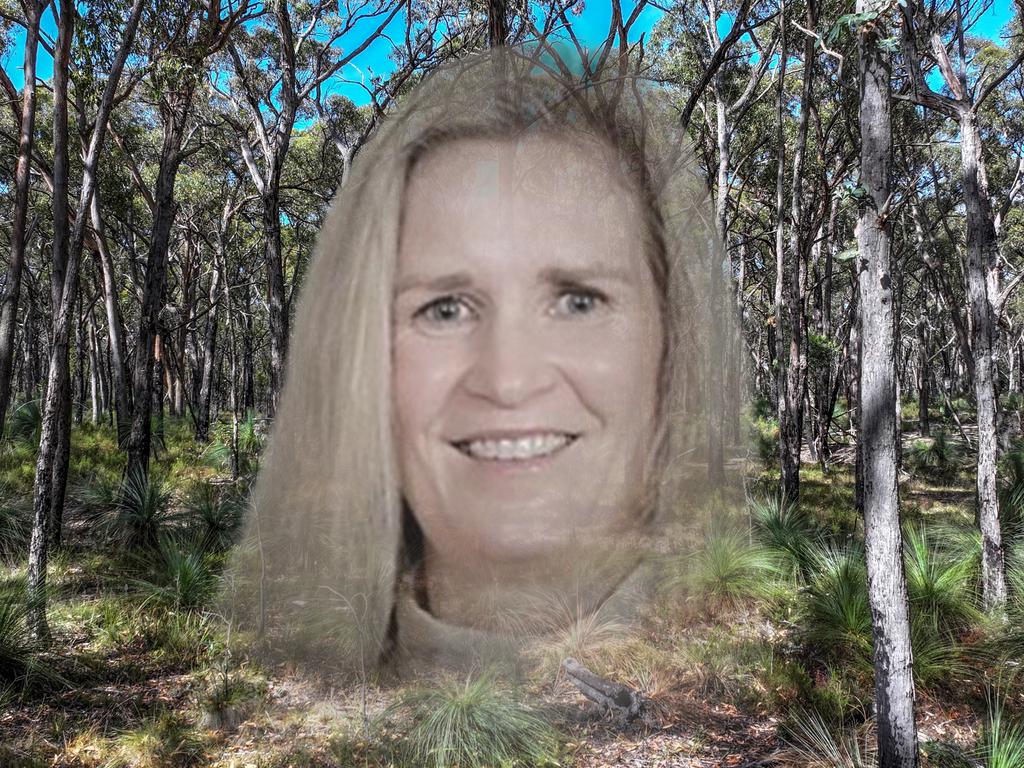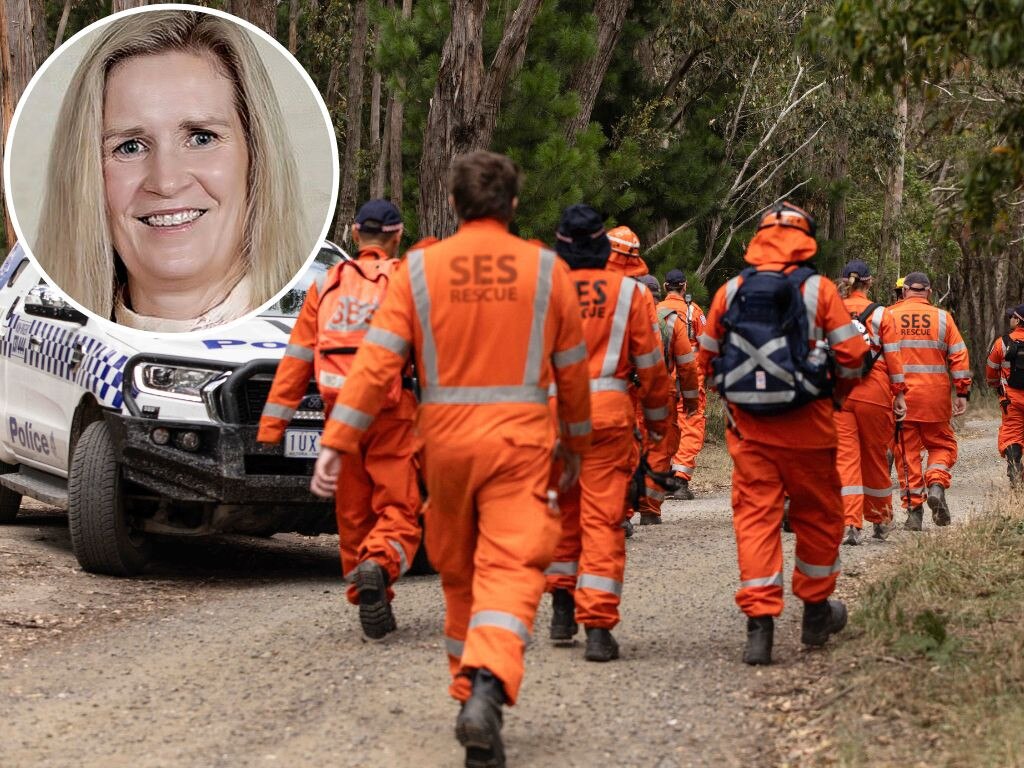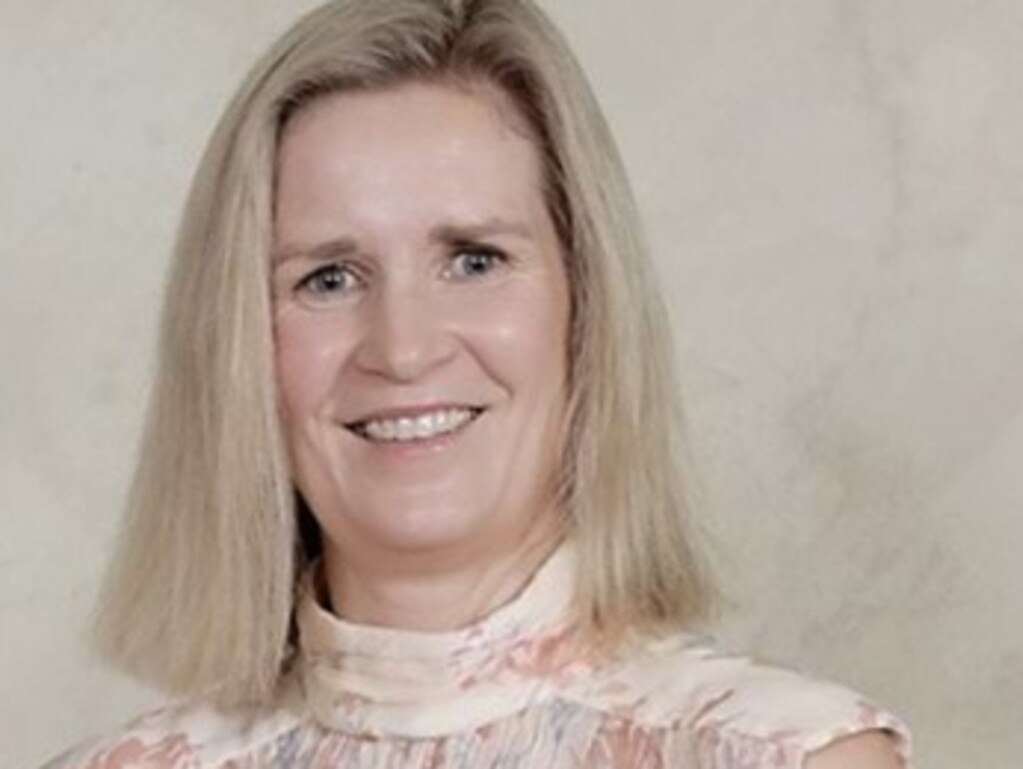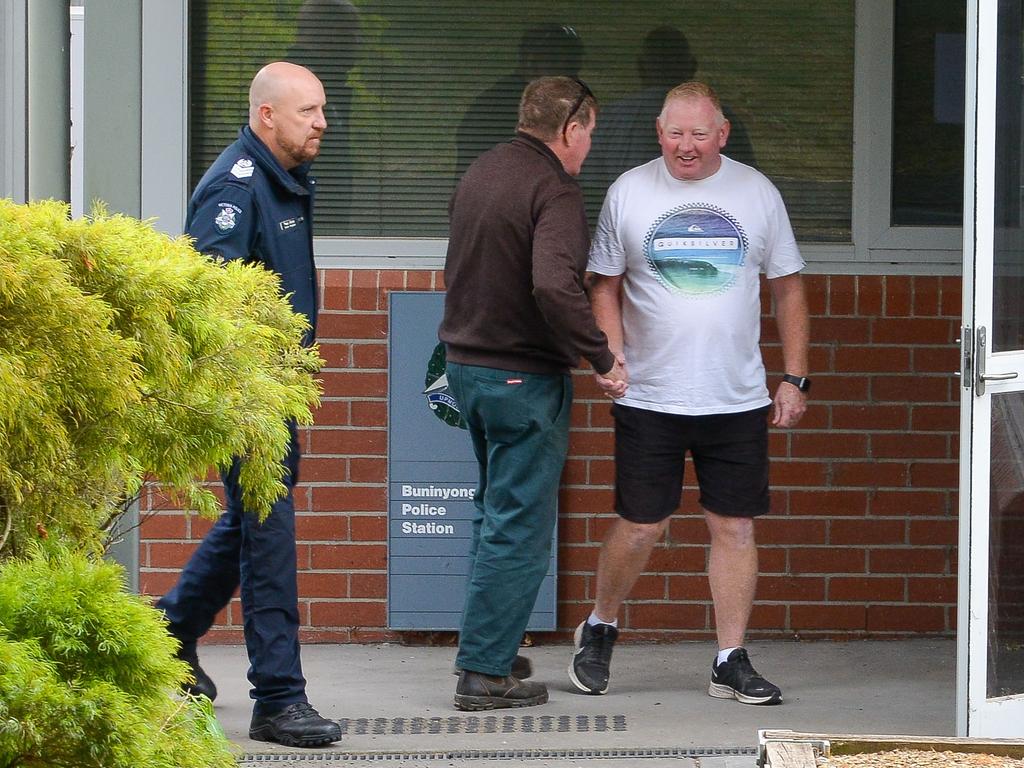Samantha Murphy disappearance: Theo Hayez inquest findings could have helped with tracking
Coronial recommendations from the disappearance of backpacker Theo Hayez could have been crucial to track missing mother Samantha Murphy, but have been ignored for more than a year.
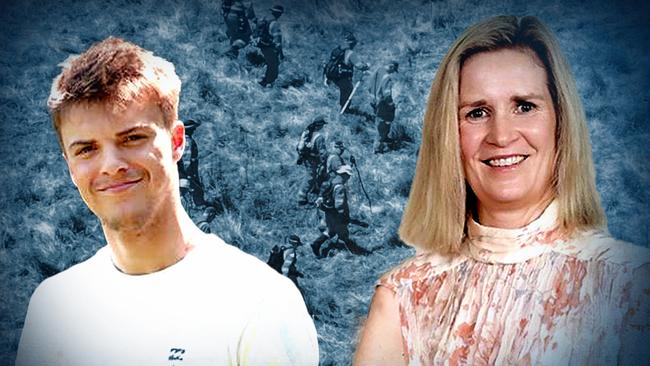
Coronial recommendations from the disappearance of backpacker Theo Hayez could have been crucial to track missing Ballarat mother Samantha Murphy, but have been ignored for more than a year.
Findings from the inquest into Hayez’s 2019 disappearance in Byron Bay were meant to transform missing persons investigations, ensuring police could harness modern technology to find people in emergencies by following their electronic footprints.
Tech giants Google, Apple and Facebook have vast amounts of GPS location data and other information that can provide vital leads in missing persons cases such as the mysterious disappearance of Ms Murphy almost two weeks ago.
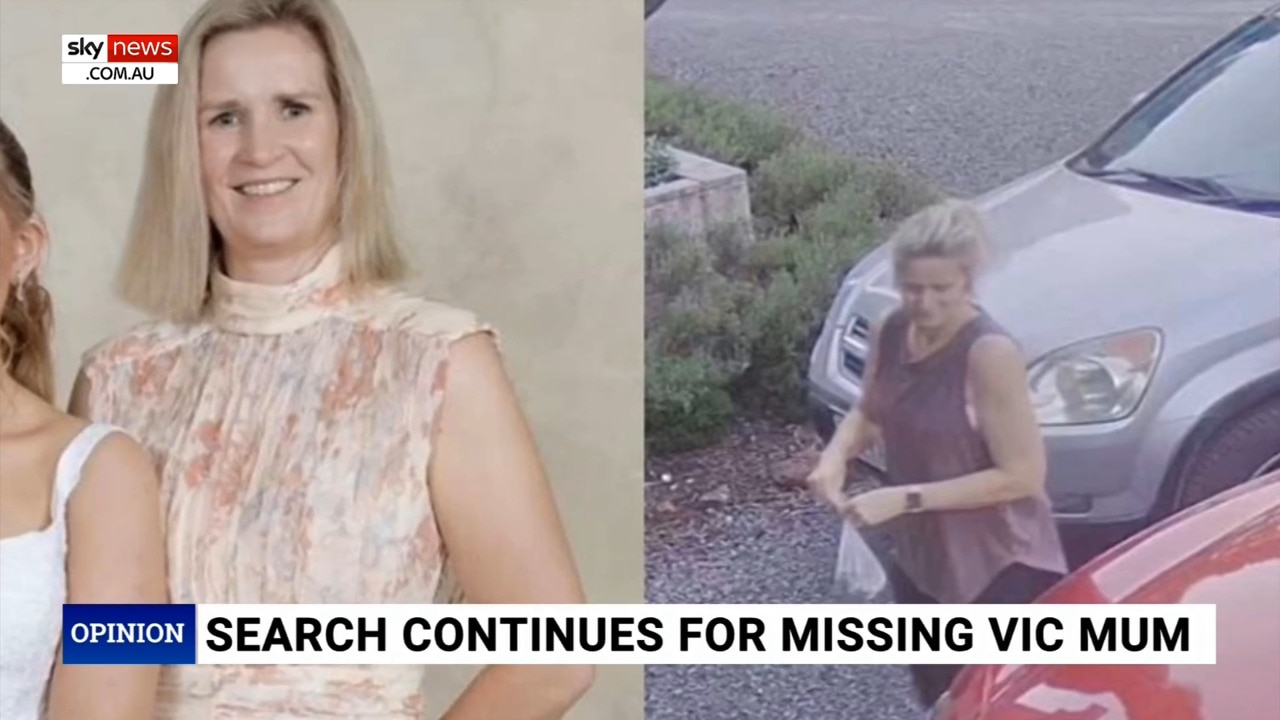
However, authorities have severe difficulties accessing the material, sometimes waiting years for information under laws that have not kept pace with advances in technology, the Hayez inquest found.
The Australian’s 2019 podcast The Lighthouse had earlier examined Hayez’s disappearance and argued authorities needed to make better use of technology to find missing people, with almost everyone now carrying tracking devices in the form of smart phones and other gadgets.
Hayez’s godfather, Jean-Philippe Pector, said it was “shocking” that the coroner’s findings in the case had gone nowhere.
Victoria Police this week appeared no closer to finding Ms Murphy, despite her having an Apple watch and her phone with her when she vanished after setting off for a jog on Sunday, February 4.
Both devices potentially transmitted precise GPS location data that could help her desperate family find out what happened to her.
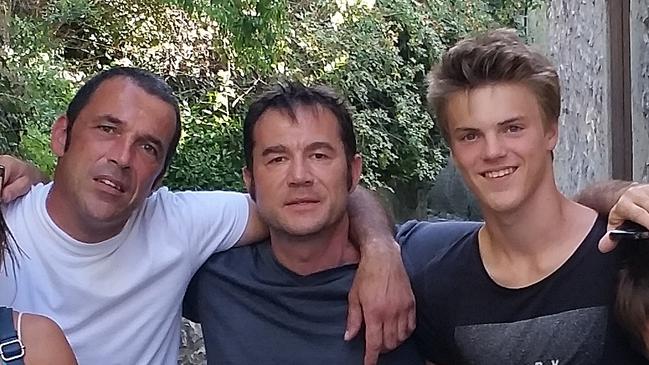
Mr Pector said that in Ms Murphy’s case it “really seems that there are no clues at the moment”, and urged her family and Victorian police to immediately seek data held by the tech giants.
“I would definitely suggest that they push as much as they can for the police to try to access that information,” Mr Pector said.
Data held by tech companies was even more important in remote areas where limited and unreliable information was available from the traditional technique of using phone towers to pinpoint a person’s location, he said.
In Hayez’s case, family members gained access to his Google account by following a series of steps to reset his password, and as a result discovered his precise movements the night he went missing.
It showed police were looking in the wrong area for Hayez, 18, for more than a week based on phone tower pings.
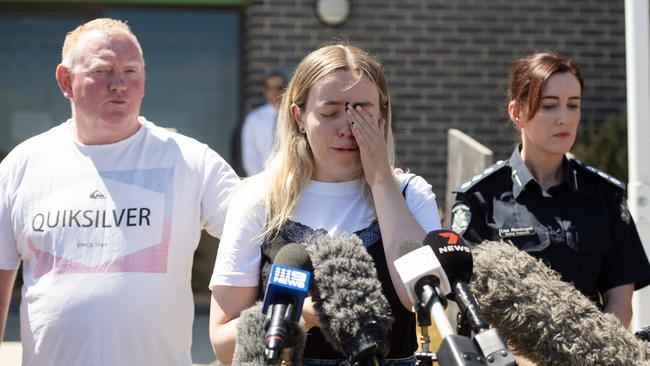
NSW State Coroner Teresa O’Sullivan said in her Hayez findings in October 2022 that big legal “gaps, roadblocks and inconsistencies” were hindering missing persons investigations at a state, national and international level.
“Many of these legislative barriers are inexplicable and removing them could save lives and help prevent the awful grief of ambiguous loss suffered by Theo’s family and many others,” Ms O’Sullivan said.
Federal and NSW law reform commissions should jointly examine the issues, she recommended.
But both the Australian Law Reform Commission and the NSW Law Reform Commission told The Weekend Australian they had not been asked to conduct inquiries into issues raised at the inquest.
The two commissions inquire into matters referred to them by their respective federal and state attorneys-general.
Federal Attorney-General Mark Dreyfus’s spokesman said no record could be found of him being provided the Hayez recommendations.
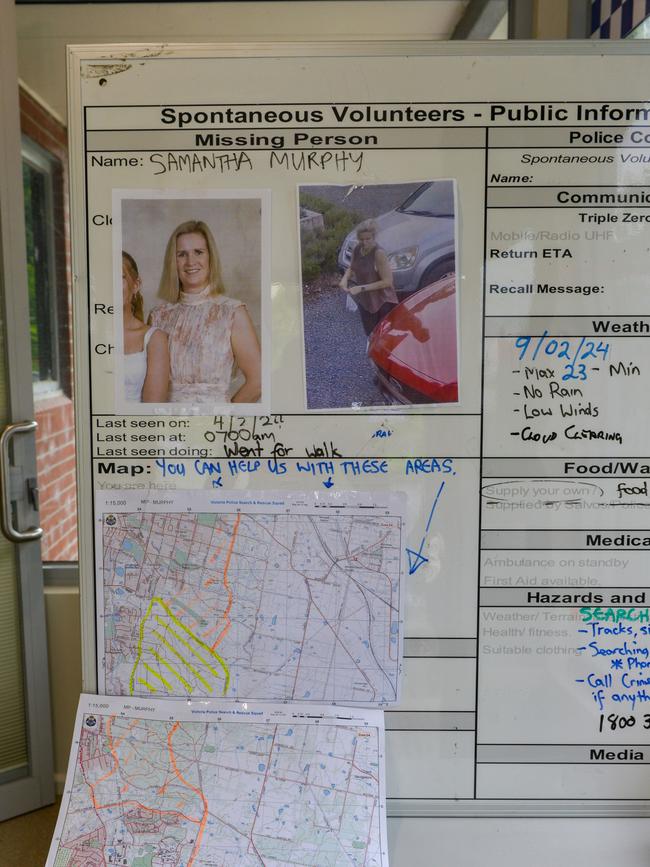
Ms O’Sullivan said Hayez’s case “illustrates how crucial mobile phone and other electronic data can be”.
She added: “Our online accounts, linked to our phones, smart watches and other devices, contain huge amounts of personal information revealing our location, transport, purchase, and search history in addition to our various types of communications.
“For the most part this data is held by international corporations located outside Australia, such as Google and Facebook.”
Police had no legislative power to compel the companies to provide evidence in missing persons cases, as the investigation had to be connected to a suspected crime, Ms O’Sullivan found.
Even in criminal cases, police had to use the Mutual Legal Assistance Treaty to obtain information from the tech companies.
“This can be a very lengthy process, sometimes taking months, sometimes even more than a year,” Ms O’Sullivan said.
“The law enforcement or prosecutorial agency must be satisfied that there is a clear need to obtain evidence held in a foreign country for the purpose of furthering an Australian criminal investigation or prosecution.”
The commonwealth criminal code also prohibits unauthorised access to computer data, meaning that in missing persons cases “police may not be lawfully able to access” information.
Mr Pector said: “We did express quite clearly that if Theo’s coronial inquest could help other cases, in terms of speeding up access to any information that could help locate missing people, then that would be the least that we could expect if we cannot find Theo.
“It’d be really shocking if nothing has been pushed further than just talking about it.”
NSW Attorney-General Michael Daley did not answer questions but said through a spokesman he would seek advice on “whether there is any need to review existing state legislation”.
In Hayez’s case, NSW Police were unaware Google operated a 24/7 emergency disclosure request service in which it provided information to government agencies when it was reasonably believed it could prevent someone dying or suffering serious harm.
Other tech companies have similar policies.
Victoria Police would not disclose steps it has taken to obtain Ms Murphy’s data from Google, Apple and Facebook.
“As part of the Missing Persons Squad investigation into the disappearance of Ballarat East woman Samantha Murphy, Victoria Police is actively engaged with a number of external agencies and telecommunications companies in an effort to get as much information as possible to assist the current search,” the spokeswoman said.


